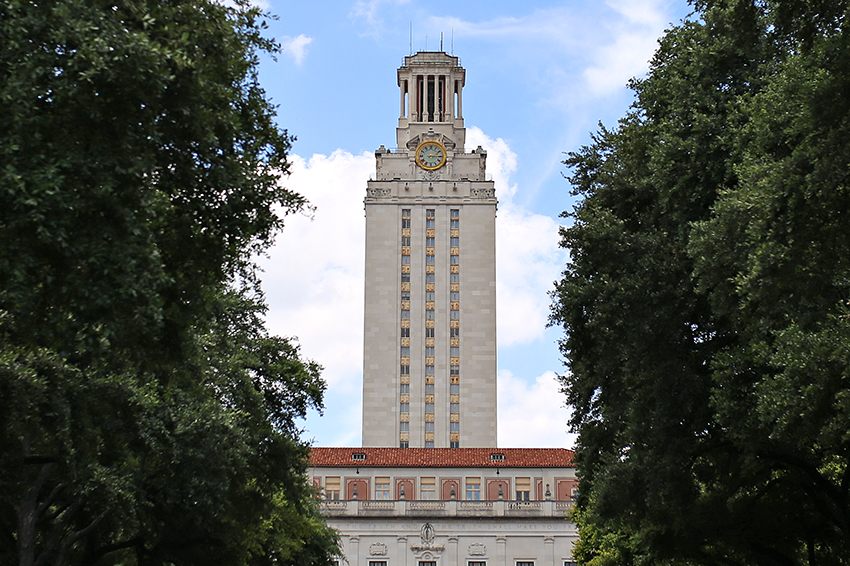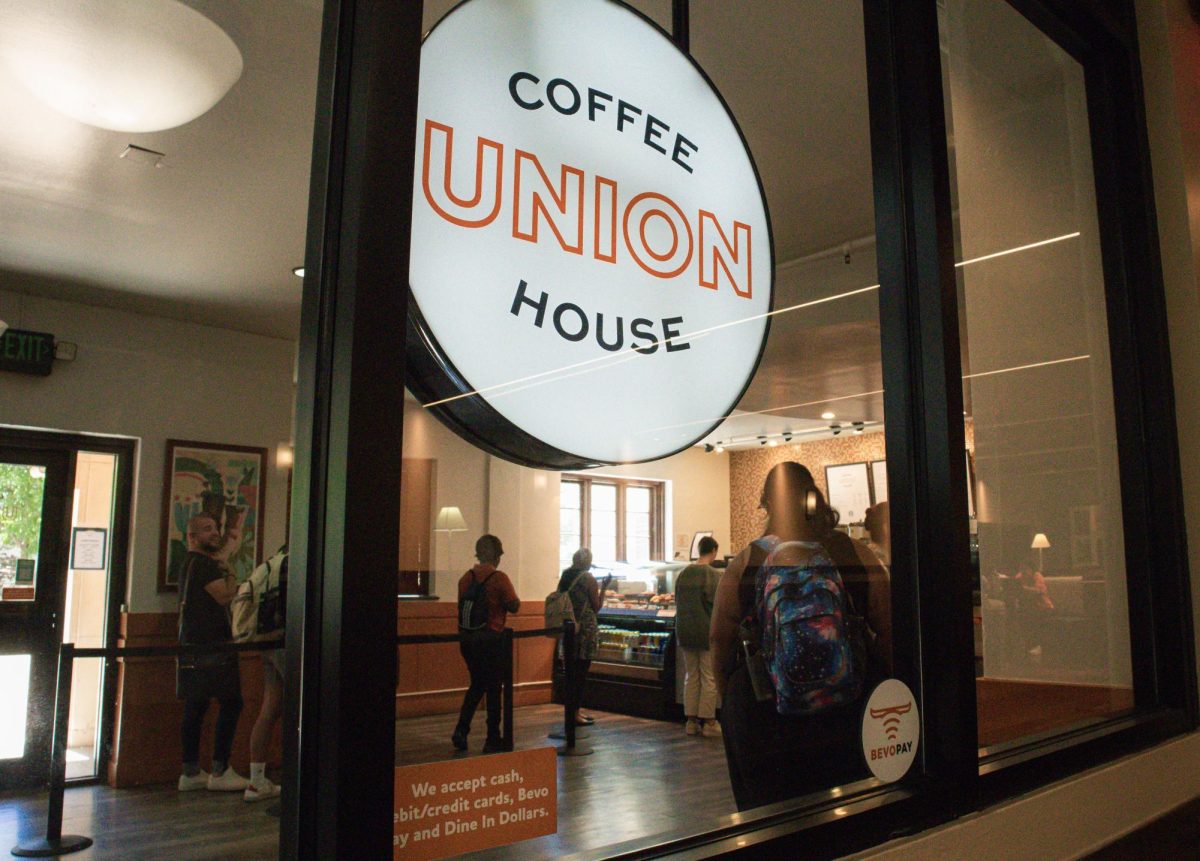As the semester draws to a close, students in statistics classes have taken to Facebook as an easy way of accumulating responses for project surveys — and some are offering money in return.
Student Facebook groups have seen an influx of students posting surveys and offering monetary compensation for student responses, a trend that irks some statistics professors.
“I do not approve of financial incentives, nor do I think they are necessary to collect data for our very small sample size requirements,” Kristin Harvey, a UT statistics and data science lecturer, said in an email.
Harvey said offering incentives for survey responses is a problem that surfaced this semester, and she is working to ensure it will not continue in the future.
Harvey said only a very small portion of students completing statistics projects use money as an incentive for survey responses. She also said, as a professor, she doesn’t want students spending money to
complete class work.
Advertising sophomore Afzaa Prasla said a class project is not worth spending money for. Prasla, who is in a market analysis statistics class, said she posted her survey on Facebook and got more than enough responses without offering compensation.
“I literally got like 50 people to answer in less than 10 minutes,” Prasla said. “It was really effective and really quick.”
Finance junior Michael Ngyuen also said Facebook is a good resource for getting survey responses. Ngyuen, who is looking to open a Sonic franchise near campus, posted a survey on interest and foot traffic in the area on Facebook and offered $30 to a randomly drawn responder.
Ngyuen, whose survey was for personal data collection, received over 400 responses, which he said made the money well worth it.
“That’s 400 data points that I’ve acquired for 30 bucks,” Ngyuen said. “I’ve got each of those data points for less than 10 cents.”
Offering compensation for survey responses doesn’t interfere with the integrity of the results in general, Harvey said. However, the act of posting a survey on Facebook garners biases for the data, which students are required to address when submitting their projects.
Harvey said offering financial incentives is not uncommon in research, as many labs tend to offer reimbursement in exchange for study volunteers or responders.
“This is a common research practice,” Harvey said. “Whether that is good or bad for research is a much larger issue.”





















